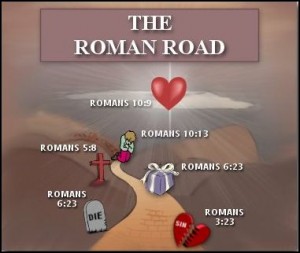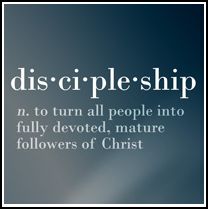There is an assumed conflict between science and the Bible in our educational systems today because of the infiltration of evolution into nearly every public educational institution in our land. The acceptance of this hypothesis is the basis upon which most educational organizations issue their “union cards.” This  conflict has only surfaced in the last 150 years. Throughout history the greatest scientists in the world have never observed any conflict. On the contrary, they have recognized a consistency and complementary nature of science and the bible.
conflict has only surfaced in the last 150 years. Throughout history the greatest scientists in the world have never observed any conflict. On the contrary, they have recognized a consistency and complementary nature of science and the bible.
Bible believing scientists from the earliest days (Copernicus, Kepler, Faraday, Newton & many others) have agreed on the complementary nature of the bible and science. They represent two different kinds of revelation from God. Romans, Chapter One, makes it clear that the creation (all nature) reveals the glory and grandeur of God. It points to the obvious conclusion that every effect (the creation) has a cause (God). Science and its laws speak clearly of a law giver. The second kind of revelation is the Scriptures. It’s God’s personal revelation of Himself, in all its sufficient detail, to lead man to saving faith. Between these two, when properly understood, there are no conflicts, since God is the Author of both, and he cannot contradict himself.
The Bible has often anticipated scientific discovery. It argues that the Universe had a beginning. Science affirms that. The evolutionary hypothesis has been accompanied by the theory that the universe is eternal and self existent in itself. But that’s been proven wrong. Agnostic astrophysicist Robert Jastrow wrote that “three lines of evidence—the motions of the galaxies, the laws of thermodynamics, and the life story of the stars—pointed to one conclusion: All indicated that the Universe had a beginning.” Many other examples could be giving. Geisler concludes, “The Bible is not only compatible with true scientific findings, but it anticipated many of them.” He is right; many things discovered “by modern science were stated in the Bible hundreds and even thousands of years in advance. These include the fact that: (1) the sea has paths and channels (2 Sam. 22:16; Ps. 8:8; Prov. 8:28); (2) the sea has boundaries (Prov. 8:29); (3) life is in the blood (Lev. 17:11); (4) disease can be spread by physical contact (Lev. 13).” We could go on and on.
Chuck
“(God’s) invisible attributes … his eternal power and divine nature, have been clearly perceived, ever since the creation of the world, in the things that have been made. So they are without excuse.” Romans 1:20







